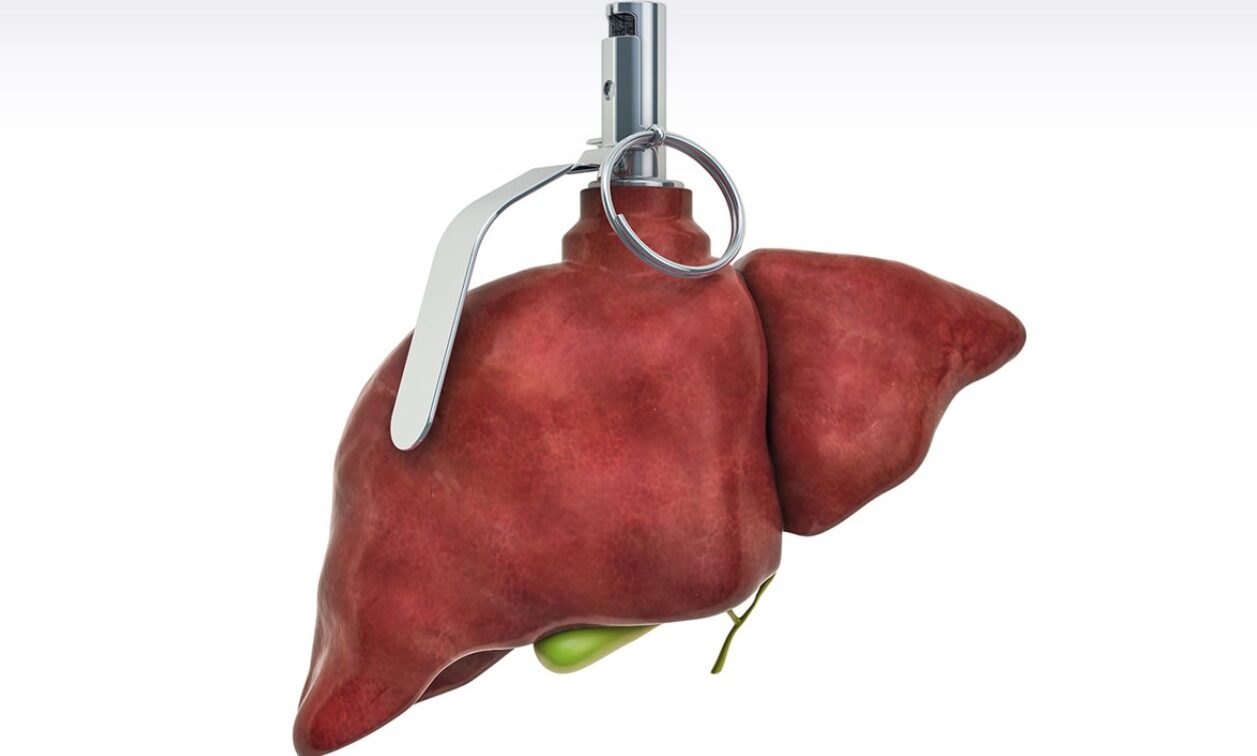Calls for Ukraine
Calls for Europe
Calls for USA

Scientists from the University of California San Diego School of Medicine have shed light on the development of liver cancer, the sixth most commonly diagnosed cancer and the fourth cause of cancer deaths worldwide.
The study, published in the journal Nature, reveals the complex relationship between cellular metabolism and DNA damage that leads to the progression of fatty liver disease to cancer. The findings open new avenues for the prevention and treatment of liver cancer and have significant implications for our understanding of the origins of cancer and the impact of diet and dietary patterns on our DNA.
The incidence of the most common form of liver cancer, hepatocellular carcinoma (HCC), has increased by 25-30% over the past two decades, with much of this increase attributed to a dramatic increase in the incidence of fatty liver disease, which now affects 25% of American adults. About 20% of people with fatty liver disease have a severe form of the disease called metabolic dysfunction-associated steatohepatitis (MASH), which significantly increases the risk of developing HCC. However, how MASH translates into liver cancer is not well understood.
“The transition from fatty liver disease to MASH and liver cancer is a very common scenario, and the consequences can be deadly,” says Michael Karin, PhD, Distinguished Professor in the Department of Pharmacology at the University of California San Diego School of Medicine. “In the presence of MASH, the liver is either destroyed, at which point a transplant is required, or the disease develops into deadly liver cancer, but we still don’t understand what happens at the subcellular level during this process.”
The researchers used a combination of mouse models and human tissue samples and databases to demonstrate that a MASH-inducing diet rich in fat and sugar causes DNA damage in liver cells, leading to senescence – a condition in which cells are still alive and metabolically active but can no longer divide. In an ideal world, suspending the cell cycle gives the body time to repair the damage or destroy damaged cells before they begin to multiply and become cancerous.
However, the researchers found that this is not the case in liver cells, also known as hepatocytes. In hepatocytes, some of the damaged cells survive the process.
These cells, according to the scientists, are like “time bombs that at any moment can start proliferating again and eventually become cancerous.”
Comprehensive genomic DNA analysis of tumors shows that they originate from MASH-damaged liver cells, highlighting a direct link between diet-induced DNA damage and cancer development.
The findings suggest that the development of new drugs that can prevent or reverse DNA damage may be a promising therapeutic approach to prevent liver cancer, especially in people with MASH.
One hypothesis is that a high-fat diet may lead to imbalances in the starting materials from which cells build and repair DNA, and that drugs or food chemicals could be used to correct these imbalances.
Another idea is to develop new antioxidants that are much more effective and specific than what we have now, and using these substances may help block or reverse the cellular stress that causes DNA damage.
This study helps uncover the basic principles underlying cancer development.
The findings also help directly assess the deleterious effects of poor nutrition on cellular metabolism, which can be used to promote healthy lifestyles to help prevent the development of fatty liver disease.
“Eating a poor diet and eating fast food can be as dangerous in the long term as smoking cigarettes,” the researchers said. – People need to realize that poor nutrition doesn’t just affect appearance. It can fundamentally alter the functioning of the body’s cells, including DNA.”
Please rate the work of MedTour
